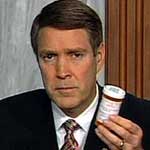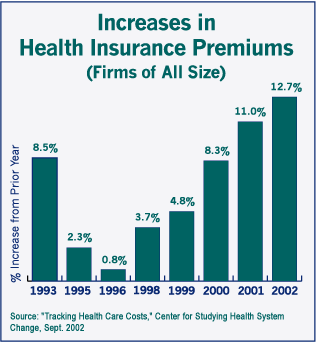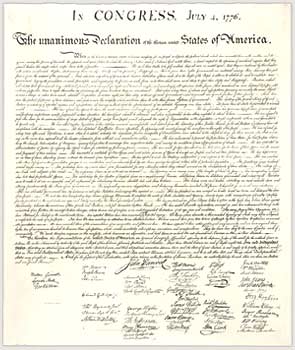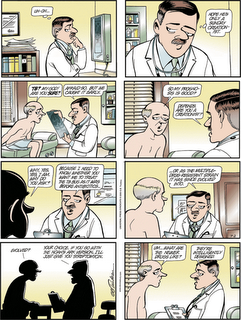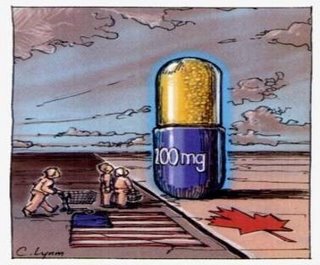 On Tuesday, the Senate approved (68-32) S. Amdmt. 4548 to H.R. 5441 (Department of Homeland Security Appropriations Act, 2007): "To prohibit the United States Customs and Border Protection from preventing an individual not in the business of importing a prescription drug from importing an FDA-approved prescription drug." As reported by The New York Times on Wednesday, the House is unlikely to get a chance to vote on the Senate's amendment: "[A]ides said that as in past years, the provision was likely to be removed when the legislation got to a conference committee of House and Senate lawmakers who will negotiate the final version."
On Tuesday, the Senate approved (68-32) S. Amdmt. 4548 to H.R. 5441 (Department of Homeland Security Appropriations Act, 2007): "To prohibit the United States Customs and Border Protection from preventing an individual not in the business of importing a prescription drug from importing an FDA-approved prescription drug." As reported by The New York Times on Wednesday, the House is unlikely to get a chance to vote on the Senate's amendment: "[A]ides said that as in past years, the provision was likely to be removed when the legislation got to a conference committee of House and Senate lawmakers who will negotiate the final version."Drug reimportation is extremely popular with voters, but Sen. Judd Gregg (R-N.H.) had his own reasons for opposing reimportation: "Referring to a leading cholesterol-lowering drug, . . . Gregg . . . said, 'If I were a creative terrorist, I would say to myself, "Hey, listen, all I’ve got to do is produce a can here that says ‘Lipitor’ on it, make it look like the original Lipitor bottle, which isn’t too hard to do, fill it with anthrax."'" But, hey, who needs to be a creative terrorist when our senators are dreaming up doomsday scenarios and sharing them with the national press corps?! And in any event, what's to stop that terrorist from doing the same thing with a bottle of Tylenol right here in the U.S.? Sorry, Senator, your argument doesn't persuade me that the Administration's (and your) opposition to reimportation is about anything more than keeping profits up for Big Pharma. Sure, there are a handful of drugs for which special handling (such as refrigeration) is required to avoid a loss in potency, but those can be excluded from the rule that allows reimportation, or special requirements can be added to try to ensure drug safety.

